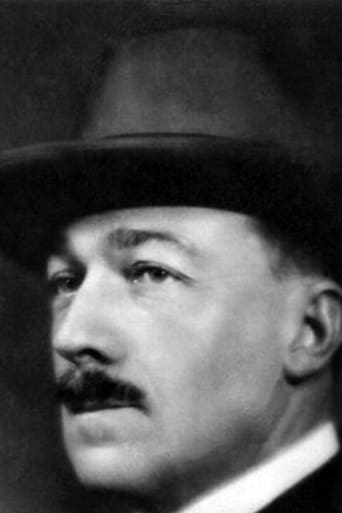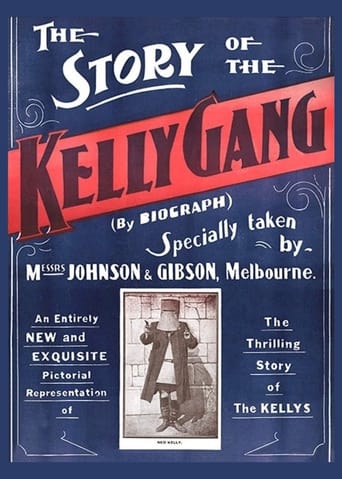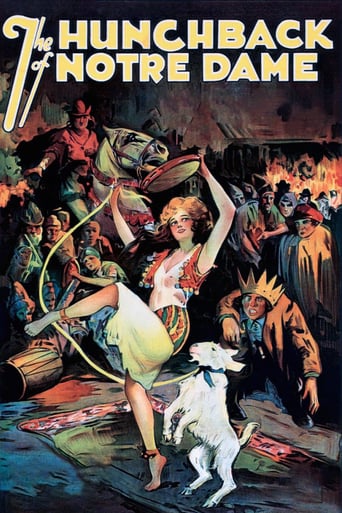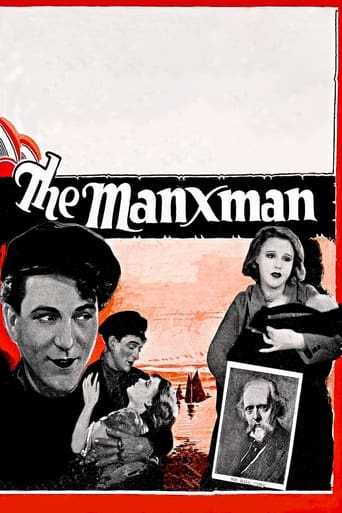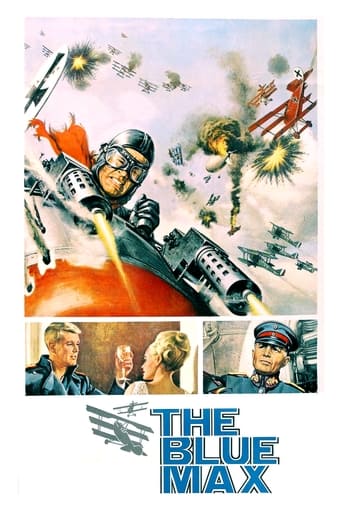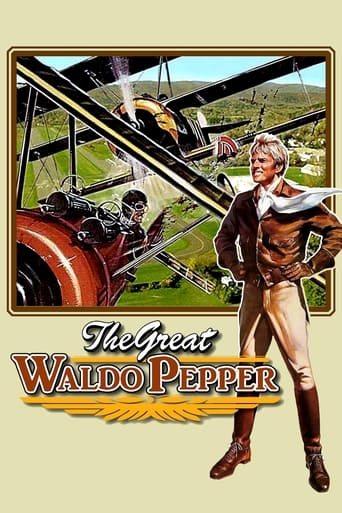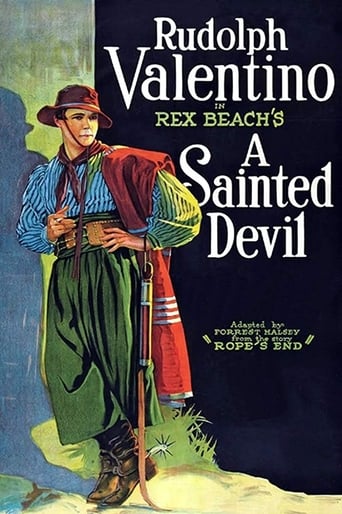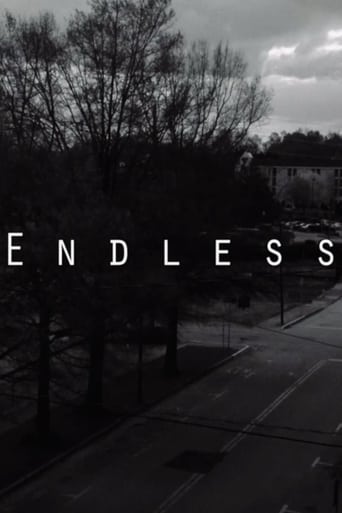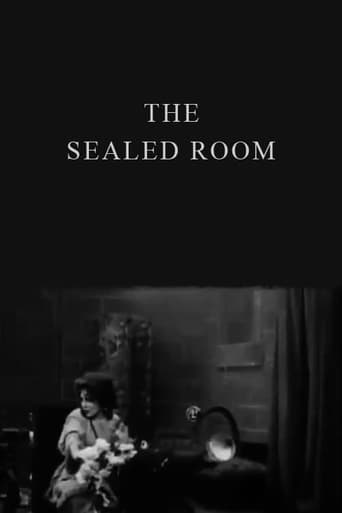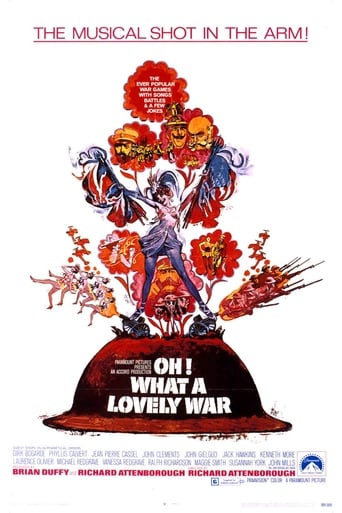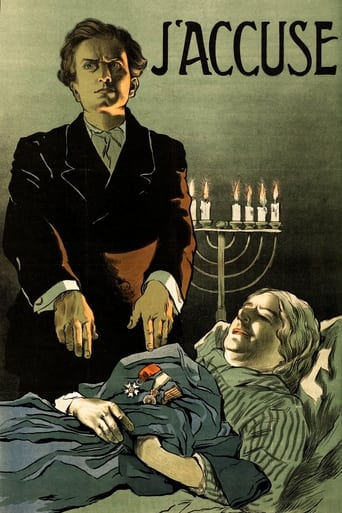
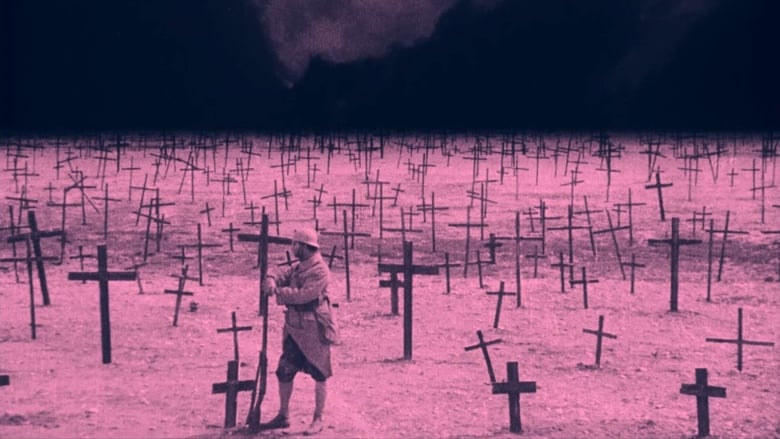
J'accuse (1921)
The story of two men, one married, the other the lover of the other's wife, who meet in the trenches of the First World War, and how their tale becomes a microcosm for the horrors of war.
Watch Trailer
Cast


Similar titles
Reviews
Last Saturday -- December 12, 2009 -- was the actual North American premier of this wonderful film in its entirety at the winter edition of the San Francisco Silent Film Festival. The Nederlands Filmmuseum and Lobster Films' fine efforts have resulted in a restoration of the European release print as Abel Gance intended for the movie to be seen; indeed, as it was seen in France and Britian in 1919. They combined six different prints including one original camera negative and one print with original tinting to produce a truly stunning cinematic triumph. I, as many of you have, had seen the version edited for American release, but this print simply took my breath. It is rich and full. The additional material fully advances the narrative. Gance's strident message of the uselessness and futility of war comes to full flower and is even more disturbing than was evident from earlier,incomplete releases. The expanded performances of Severin-Mars, Marise Dauvray, and Romuald Joube fill in the previous gaps in the story. Young and pretty Angele Guys is all the more angelic in this version which includes the heartbreaking taunting she receives at the hands of playmates when they discover she is the bastard product of a German soldiers' gang rape. Gance's use of quick-cutting and montage presages that of Eisenstein and with this release it is even more apparent that Gance was certainly one of the handful of early pioneering geniuses of the cinema. All in all this restoration is truly wonderful. If you don't have the recently released DVD in your library, you do not have a complete collection of the greatest silent films. As I've written before on these pages, if you've never attended the San Francisco Silent Film Festival you are -- as our teachers used to say --only cheating yourself! It is very well run and held in the Castro Theater, a beautifully preserved movie palace. The Festival is indeed one of the premier film events in the world.
Before I start, I am a bit confused. If the newly restored version just debuted this year, how come there are reviews that predate this? Could it be that they saw an extremely abbreviated version? Could it also be that some have reviewed a movie they never actually saw (something that's happened with the first Marx Brothers film and many other lost films). All I know is that this movie was assumed lost until quite recently and you may want to keep this in mind--the reviews were based, at best, on an earlier and less complete version.UPDATE: After talking it over with one of the earlier reviewers, I learned that there WERE other extremely truncated versions floating out there on VHS. I am glad this cleared up my confusion and thank goodness we now have the fully restored Flicker Alley version!While writer/director Abel Gance made two films called J'ACCUSE, they are both very, very different even though they are about WWI. The 1938 version is much more watchable but dated stylistically for 1938 and the 1919 version is overlong and has a blurred message BUT it also was much more important historically speaking, as for 1919, it was an incredibly innovative film.Unlike the 1938 version, a very significant portion of this film is set before WWI--perhaps too much, as it seemed unnecessary and tended to make the film a bit overlong (at nearly three hours). However, the battle scenes were very good and until THE BIG PARADE and ALL QUIET ON THE WESTERN FRONT, they were probably the best on film. Also, since it was made mostly in 1918, there is no post-war section to the film--the war had literally just ended. The 1938 film is MOSTLY set in the intervening years--including 1938.The overall message is that war is bad and pointless, which is the same messages as the later film, but since it was mostly filmed DURING the war, there also seemed to be a much stronger anti-German bias. In other words, while war was seen as evil, so were the raping and murdering Germans. It's natural that in the midst of the war that it be portrayed that way, but it's a shame this anti-German bias was in this film and not the 1938 one (since, in WWII, the Germans were actually "the bad guy"--in WWI the German people and soldiers were victims just like everyone else). So the film suffers from the "blame it all on the Germans" myth.As I mentioned above, there were multiple messages in the film. Another important plot in the film involves friendship and love--and in that sense it is a much more conventional story. Personally, I felt this aspect of the film was the least important.Overall, a spectacular and seminal work--though one that isn't as spectacular today since better war and anti-war films have followed. The biggest problems are the stagy style, too much melodrama and its length--but when the film debuted in 1919, it was STILL much better and more watchable than most films coming out in Europe and America.
The first thing to bear in mind is that there are actually two movies ,the 1919 silent film -and its watered-down editing of the twenties- and the 1937 talkie which is (and is not )a remake.The silent version was filmed when the war was just over ,using real pictures of that slaughter.That was first intended as an anti -German manifesto -but only the rape scene with the big German shadow on the wall shows it-.This is the work of a pacifist ,Abel Gance,the French David Wark Griffith .The director is in the film:he is Jean Diaz -even if he does not play the part- the pacifist poet who writes an hymn to the sun (Gance already displays his love of poetry :later in a duel in "le capitaine fracasse" and in almost the whole "Cyrano and D'Artagnan" ,the actors declaim verses);Gance's depiction of a small village has the beauty of a pastoral:this quiet nature haunts him as the final pictures of "la fin du monde" (1930) bear witness.He bows to no one when it comes to direct movements in the crowd : the inhabitants of the village gathering around the decree of mobilization is a great moment.As is the "farewell scene" : Gance uses only hands on the picture and emotion reaches unbelievable peaks.Two men are fighting in the trenches.They love the same woman ,one of them is her husband ,the other her lover (Jean Diaz).At times the movie might seem patriotic -which the remake was not at all- but Gance manages to show his disgust with war.The subtitles include moving real soldiers' letters to their family.His hero becomes mad and he thinks that soldiers should write lots of letters so that their wives would receive news long before they were dead.When he comes back to his village ,the film suddenly turns supernatural,and that's Gance's genius ,one of the most famous scenes in the French cinema,which will be even more impressive in the remake:here anger gives Gance the strength of ten.Let the Dead rise from their graves! War casualties' rise from the grave will haunt the viewer till his death."Your dead will come back,Diaz says,and they "ll ask you for an explanation! Shame on you ,unfaithful wives, war profiteers , politicians and president!A dance macabre, a skeletons' dance in a ring had already warned us.The 1937 remake -by no means inferior to the silent work- had to be different:Hitler had come to power and as Jean Renoir said that very year ,"we are on the verge of a "grande illusion" .So Gance 's snatches of patriotism had disappeared and been replaced by strength born from despair .The 1937 "J'accuse" was a distraught plea for an universal peace ,and, in spite of its grandiloquence,it still stands today as one of the greatest pacifist works of all time.Besides ,the coming of sound allowed Gance to include ferocious lines (such as : "pretty soon ,there won't be enough wood to make crosses" ) A question I will always ask myself:I wrote it in my comment on "Austerlitz" :why was a convinced pacifist such as Gance so fascinated by a warrior like Napoleon (to whom he devoted two works)?
The only attempt to make a peace film during the war was in France, by the great Abel Gance... 'J'accuse' is almost as large in scope as 'Intolerance'. The director said that: 'It was intended to show that if war did not serve some purpose, then it was a terrible waste. If it had to be waged, then a man's death must achieve something.' "J'accuse" is a triangle story of Edith (Marise Dauvray), her husband François Laurin (Severin-Mars) and Jean Diaz (Romould Joube), a poet who is in love with Edith... The three, however, are puppets in the hands of war...Edith is taken captive and returns with a child... François and Jean... Well you have to see the film! All this now seems excessively melodramatic and not entirely impartial, but visually "J'accuse" is an extremely powerful film and it certainly had an impact on contemporary audiences...The film was remade by Abel Gance in 1937 in an attempt to warn against the impending World War II...




